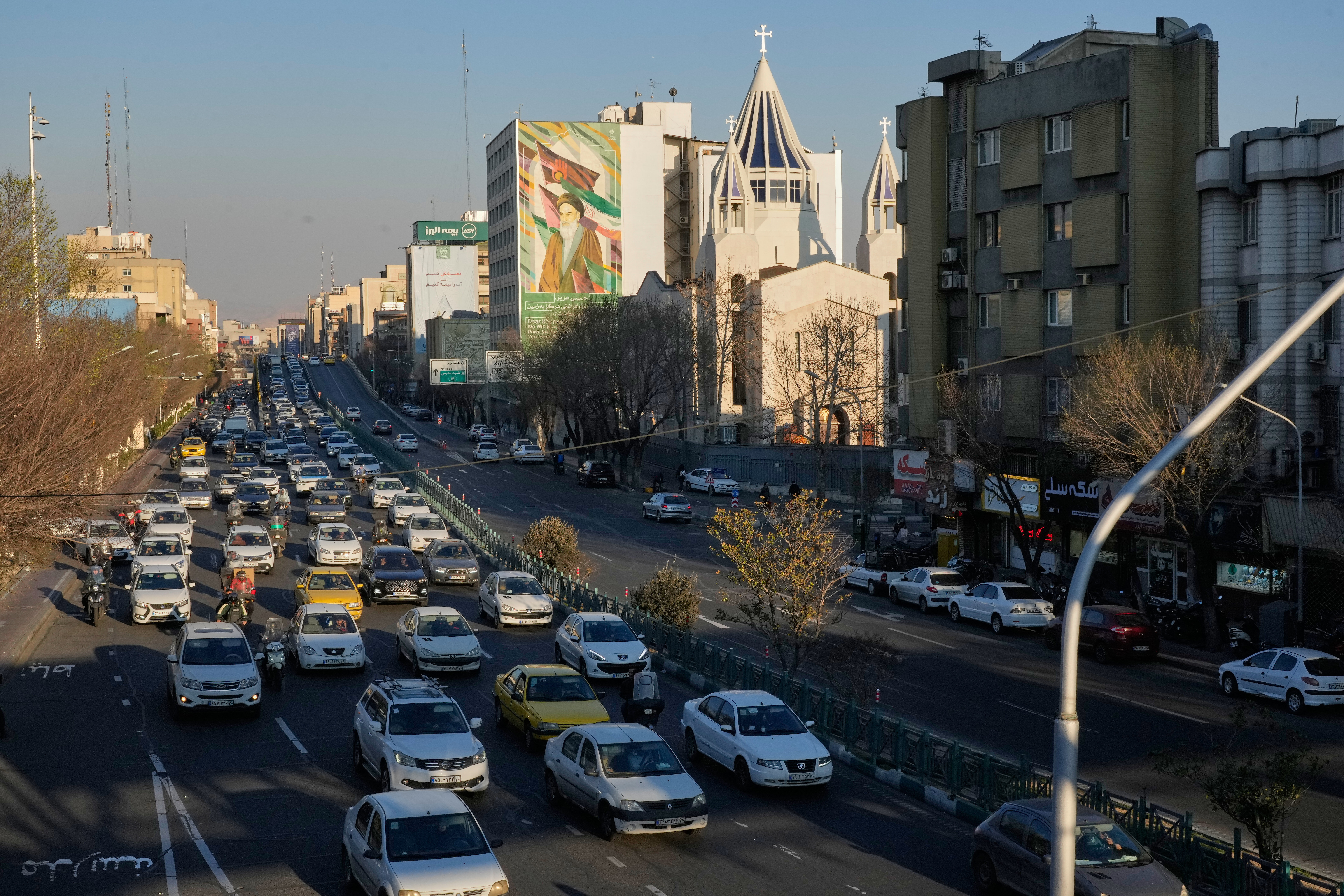Taking on Tests: The Stakes Are High
It’s testing season in schools across the South and around the country. Students are flipping open booklets or logging onto computers to answer math and reading questions. For over a decade, annual standardized testing has been the law of the land. But it’s not without controversy or pushback – and some states and school districts are rethinking their approach. WWNO’s Mallory Falk starts this Southern Education Desk series, “Taking on Tests,” reporting from New Orleans.
Look at a typical school calendar here, and a lot of days are blocked off for testing. That’s not unusual. A recent study from the Council of Great City Schools found the average student takes about 112 standardized tests between pre-K and graduation. That’s around eight standardized tests a year.
“We also found that there was a fair amount of redundancy,” says Michael Casserly, the Council’s executive director. “That there were lots of tests being given for approximately the same purpose.”
Casserly says federal and state governments and local school districts haven’t always done a great job coordinating tests. That can lead to an endless, unnecessary slog. “I think in a lot of ways this situation kind of crept up on people over the years,” he says, “as various folks at the federal, state and local level would add things one on top of another without thinking very carefully about how to coordinate or about how many things they were layering on at the same time.”
This started back in 2001, when Congress passed No Child Left Behind, which requires states to give out standardized tests – every year from third through eighth grade and once in high school. States and districts added their own assessments, like benchmark and diagnostic tests.
Scott Norton is with the Council of Chief State School Officers. “Broadly, the state tests are designed to measure the degree to which students have mastered the state’s academic standards,” he says. “They also are used for lots of other things.”
Like determining whether students pass onto the next grade, teachers keep their jobs, or schools stay open. The stakes are high. The tests are many. And that can have consequences – something President Obama acknowledged in a recent Facebook video.
“I believe that in moderation, smart, strategic tests can help us measure kids’ progress in school,” Obama said in the video. “It can help them learn. But I also hear from parents who rightly worry about too much testing. And from teachers who feel so much pressure to teach to a test.”
There’s also the pressure, or incentive, to cheat. Right now, two New Orleans charter schools are embroiled in cheating scandals. That led the Recovery School District to host a press conference and reassure the public that test scores will be trustworthy.
Last month a small crowd gathered in a school library, leaning against bookcases as charter leaders took the mic and pledged to strengthen test security by hiring independent monitors and providing extra staff training. “We believe we owe it to our students, families and the public at large to run a responsible testing process characterized by integrity and transparency,” said Rhonda Aluise, CEO of KIPP New Orleans Schools.
Some states believe they owe it to their students to dole out fewer tests, and to have less riding on scores. Last year, the Florida legislature passed a bill to limit how much time schools can spend on testing. North Carolina and Tennessee have convened task forces to study and improve testing in their states.
Scott Norton sees a change on the horizon. “I believe that states will continue to examine the potential problem of over-testing,” he says. “And I think they’ll be able to get a good handle on that.”
There’s a national change, too. In December, President Obama signed the Every Student Succeeds Act into law. It replaces No Child Left Behind and lets states – rather than the federal government – decide how to evaluate schools. States can continue with year-round, high-stakes tests if they want. But they can also come up with multiple ways to measure achievement.
This series is supported by a grant from the Corporation for Public Broadcasting.
U.S. and Iran to hold a third round of nuclear talks in Geneva
Iran and the United States prepared to meet Thursday in Geneva for nuclear negotiations, as America has gathered a fleet of aircraft and warships to the Middle East to pressure Tehran into a deal.
FIFA’s Infantino confident Mexico can co-host World Cup despite cartel violence
FIFA President Gianni Infantino says he has "complete confidence" in Mexico as a World Cup co-host despite days of cartel violence in the country that has left at least 70 people dead.
Supreme Court appears split in tax foreclosure case
At issue is whether a county can seize homeowners' residence for unpaid property taxes and sell the house at auction for less than the homeowners would get if they put their home on the market themselves.
Top House Dem wants Justice Department to explain missing Trump-related Epstein files
After NPR reporting revealed dozens of pages of Epstein files related to President Trump appear to be missing from the public record, a top House Democrat wants to know why.
ICE won’t be at polling places this year, a Trump DHS official promises
In a call with top state voting officials, a Department of Homeland Security official stated unequivocally that immigration agents would not be patrolling polling places during this year's midterms.
Cubans from US killed after speedboat opens fire on island’s troops, Havana says
Cuba says the 10 passengers on a boat that opened fire on its soldiers were armed Cubans living in the U.S. who were trying to infiltrate the island and unleash terrorism. Secretary of State Marco Rubio says the U.S. is gathering its own information.






